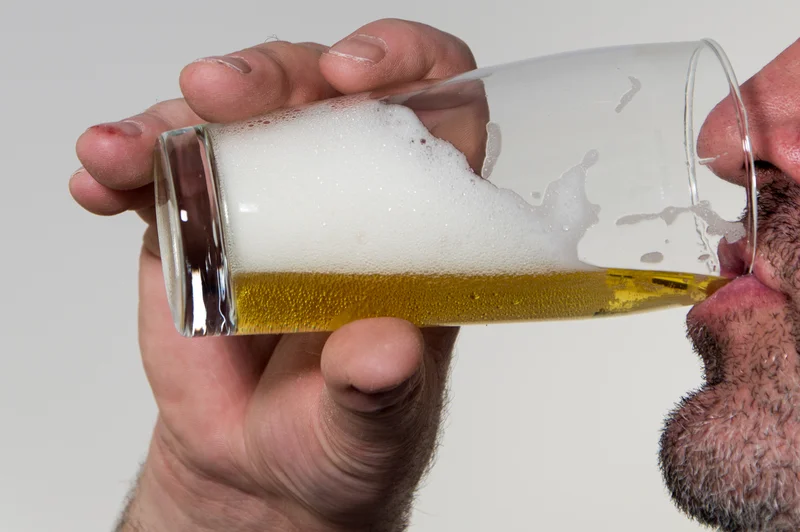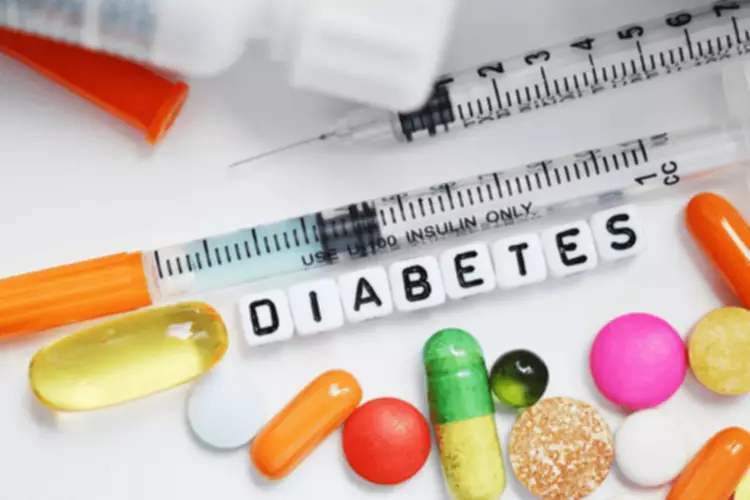
Theories suggest that for certain people drinking has a different and stronger impact that can lead to alcohol use disorder. Many factors affect who ultimately goes on to develop Alzheimer’s disease, and the links between can drinking cause dementia alcohol consumption and brain health remain uncertain. Still, a growing body of evidence indicates that modest amounts of alcohol could have brain benefits for some. There is strong evidence that drinking too much alcohol increases the risk of developing dementia. Find out how to drink safely and read our tips for reducing your alcohol intake. Alcohol-related brain damage tends to be more common in people in their 40s and 50s and comprises about 10% of cases of young onset dementia (where symptoms develop before the age of 65) is diagnosed.
How alcohol impacts the brain
- The study defined moderate drinking as consuming 1–13 standard drinks per week, equivalent to 10–130 grams (g) per week.
- Alcohol use can increase their risk of falls, as it can affect judgment and perception.
- Alcohol-related brain damage (ARBD) is any brain damage that comes from overusing alcohol.
- The study showed only a correlation between alcohol consumption and dementia and cannot prove cause and effect.
- A Cleveland Clinic brain specialist offers strategies to rethink how we decompress.
That damage destroys nerve cells that you need to control your thoughts and body movements. That means it won’t get more severe over time if can you stop drinking. That study analyzed data from the Framingham Heart Study, which followed a large group of residents from Framingham, Mass., over many years. “We found heavy drinking is directly linked to signs of injury in the brain, and this can cause long-term effects on brain health, which may impact memory and thinking abilities,” said Justo.
This Simple Body Measure In Kids May Predict Heart Disease Risk By Age 10
- This should ideally be spread over three or more days because ‘binge-drinking’ is particularly harmful to the brain.
- The person may also see or hear things that are not there (hallucinations).
- Alcohol-related dementia and Wernicke-Korsakoff syndrome may develop due to regular excessive alcohol consumption over many years.
- Segil agreed with the study’s conclusion that there is no safe level of alcohol consumption.
- Dementia describes a group of symptoms affecting memory, thinking and social abilities.
Alcohol withdrawal usually causes a person to have delirium, which can make them easily distracted and confused, disorientated, and prone to mood swings. They may also experience intense sweating, anxiety and a high heart rate. Read our advice on supporting a person with dementia who has depression, anxiety or apathy.
Signs and Symptoms of Alcohol-Related Dementia
Family or friends may have certain thoughts or convictions about what is going on and why it’s going on. Initially, individuals might be mistaken for being inebriated, which could lead to delays in seeking medical care. The overlap of symptoms makes it crucial for clinicians to carefully evaluate and consider the possibility of an underlying neurologic disorder in these situations. Memory and decision-making are also severely affected, which means that people living with this condition need help from trusted family or friends to manage home, finances, transportation, and more.
Health Conditions
- Sometimes, physical changes such as movement disorders or coordination problems can help differentiate types of dementia.
- This is because alcohol damages the part of the brain that controls balance, co-ordination and posture.
- Your provider will suggest treatments to help you manage the symptoms you’re experiencing.
- Don’t be afraid or ashamed to ask for help if it’s hard for you to stop drinking.
In the fifth edition of the Diagnostic and Statistical Manual of Mental Disorders (DSM-5-TR), it is referred to as alcohol-induced major neurocognitive disorder. So skipping five days of drinks doesn’t mean you can safely have five drinks in one 24-hour period — it’s still only one. Although there are cases where the damage is permanent, abstaining from alcohol and adopting a healthy lifestyle may prevent further injury and potentially help build new connections, improving symptoms. However, in degenerative diseases, regaining lost functions is challenging, as these diseases involve ongoing cell death.
- Although there are cases where the damage is permanent, abstaining from alcohol and adopting a healthy lifestyle may prevent further injury and potentially help build new connections, improving symptoms.
- A study examining the hydration status of 2,506 adults over age 60 found that women with inadequate levels of hydration showed worse performance on cognitive tasks related to attention and processing speed 4.
- This is roughly equivalent to either a pint of regular-strength beer, two single shots of spirits, or a standard glass of wine.
- Remember, they’re not trying to get you in trouble or make you feel shame.
If a person has alcohol-related ‘dementia’ they will struggle with day-to-day tasks. This is because of the damage to their brain, caused by regularly drinking too much alcohol over many years. There are cases when people may not have to cut out alcohol completely. For those for whom it’s still appropriate to occasionally relax with a drink, a low-risk level is defined as one-half to one drink per day for women and one to one and a half drinks per day for men.

What are the effects of alcohol while having AD?

A 2016 study found that heavy drinking, equating to eight or more drinks per week, and drinking liquor increased cognitive decline among people with AD. The current UK NICE Guidelines recommend that we drink as little alcohol as we can, particularly during mid-life, to reduce our risk of conditions such as dementia. If you are concerned about your alcohol consumption you can talk to your doctor for advice. It is never too late to start thinking about your brain health and taking steps to reduce your risk of dementia. Alcohol itself does not directly cause Wernicke-Korsakoff syndrome as much as the damage to the brain cells that takes place from a thiamine deficiency (vitamin B1) caused by alcohol. Alcohol blocks the absorption of thiamine in the gut, creating a deficiency, which is a problem because nerve cells require thiamine to function properly.


Those whose daily alcohol consumption was three units or more during the preceding month showed losses in both gray and white matter in their brains, making their brains appear three and a half years older. One unit is equivalent to a small glass of wine or a half pint of beer. Prevention is the key to reducing the risk of any major health problems and psychosocial consequences of heavy drinking. If you have difficulty controlling your alcohol use and want help, there are many treatment options and resources to help you through your journey toward sobriety and wellness. Excessive drinking over a period of years may lead to a condition commonly known as alcoholic dementia, or alcohol-related dementia (ARD).

Alzheimer’s disease is the most common cause of dementia in older adults, but there are other causes. Don’t seem to be any other studies linking artificial sweeteners to dementia. And I think your reluctance to change your behavior based on a single isolated finding is very reasonable—especially when we take a closer look at what this particular study actually found. For example, participants were part of a health-screening program and therefore may have been healthier and more concerned about leading a healthy lifestyle than the general population. “There are no convincing health grounds on which to drink alcohol,” said heroin addiction Dr. Sadie Boniface, head of research at the Institute of Alcohol Studies in London, U.K., and a visiting researcher at King’s College London. Additionally, alcohol exposure increased several markers of cell death.


